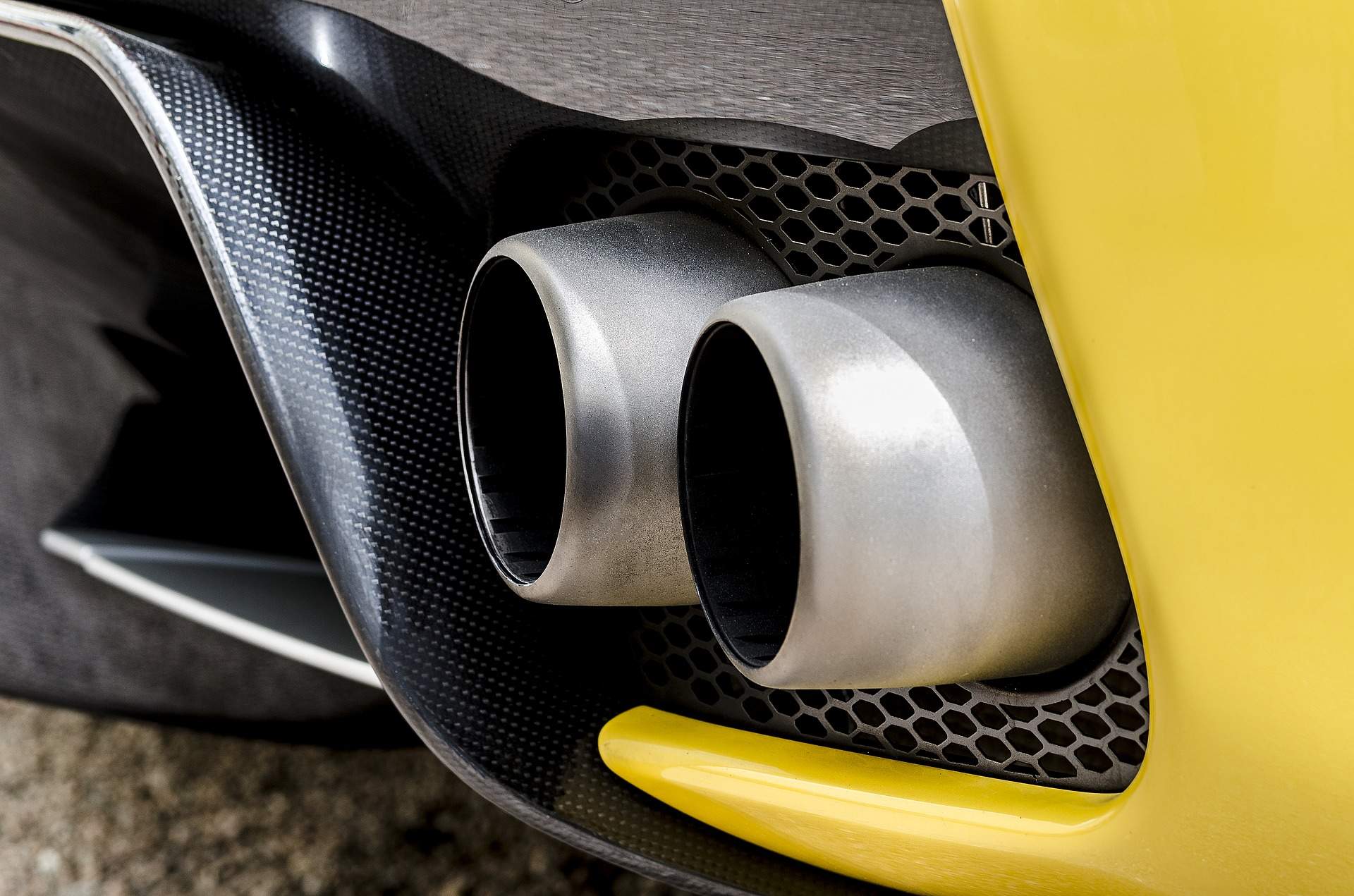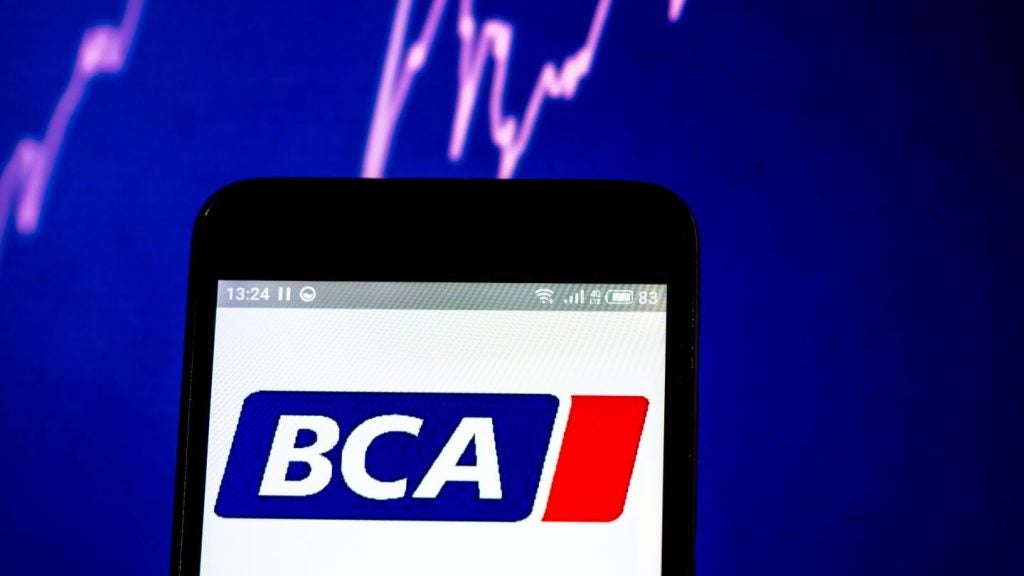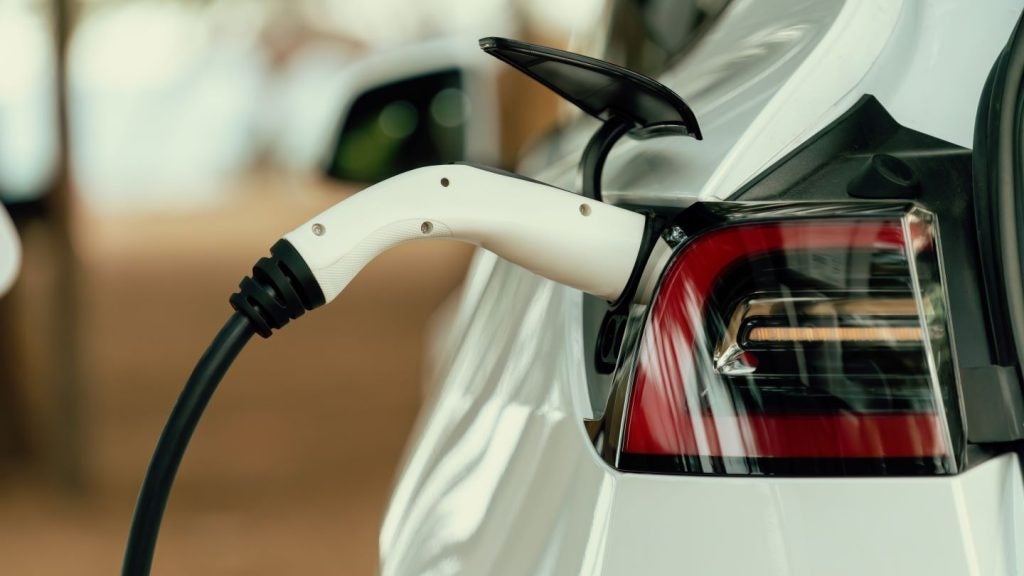
Retail sales are unlikely to surge ahead of the September introduction of updated emission testing procedure WLTP, cap hpi has said.
Cap hpi drew parallels with the updated vehicle excise duty (VED) regime introduced last year, which hit vehicles registered after April 1, 2017 with a £140 flat rate. At the time, dealers saw an 8.4% year-on-year surge for registrations in March, as consumers rushed to avoid incurring higher charges.
Cap hpi said it did not expect the incoming WLTP certification – short for worldwide harmonised light vehicle test procedure – to have a similar impact on buyers’ behaviour, citing unfamiliarity among consumers and the phased approach to its introduction.
Andrew Mee, senior forecasting editor for the UK at cap hpi said: “WLTP, CO2 and mpg [miles per gallon] figures are being introduced on a phased basis, so many will be in place ahead of September.
“On the retail side consumers aren’t fully aware of WLTP, and if they are then many will not be overly concerned about official figures that only impact on VED rates.”
In a recent whitepaper, cap hpi said: “Awareness of the new WLTP regime is low, although car buyers will be familiar with the current published CO2 and fuel consumption ratings.
How well do you really know your competitors?
Access the most comprehensive Company Profiles on the market, powered by GlobalData. Save hours of research. Gain competitive edge.

Thank you!
Your download email will arrive shortly
Not ready to buy yet? Download a free sample
We are confident about the unique quality of our Company Profiles. However, we want you to make the most beneficial decision for your business, so we offer a free sample that you can download by submitting the below form
By GlobalData“Buyers [are] likely to be more interested in the fuel economy potential of a car than its CO2 rating, which only impacts the VED they pay.”
One the corporate vehicle side, Mee said although fleet users might save on benefits-in-kind (BIK) taxation by renewing their vehicles ahead of the fixed date, long lead times from manufacturers would make this difficult in practice. Diesel supplement on company car tax has risen from 3% to 4% this April.
Cap hpi added: “Where WLTP leads to higher reported CO2 emissions, this would mean even higher taxes for [fleet] drivers, and could see some user-choosers downsize to smaller, lower-emission vehicles or even exit company car schemes altogether.”
WLTP is set to replace the old NEDC procedure, which dates back from the ’80s. Starting September, all vehicles sold in the UK will need to be certified under the standard.
WLTP will be complemented by Real Driving Emissions 2 (RDE), a procedure testing how emissions in actual road performance aligns with lab results.







